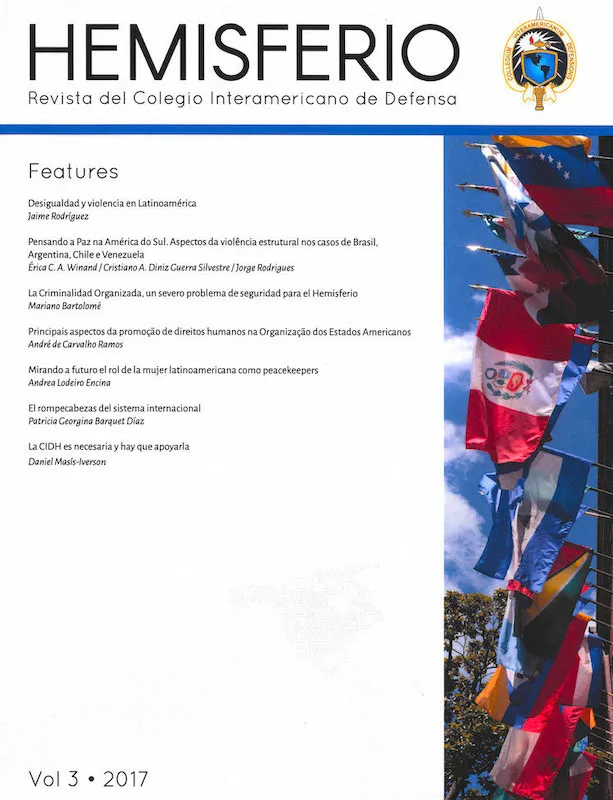Desigualdad y Violencia en Latinoamérica
DOI:
https://doi.org/10.59848/17.1207.HV3n1Keywords:
Desigualdad, Instituciones extractivas, Violencia estructural y cultural, Libertad política y económica, Keynesianismo, NeoliberalismoAbstract
This document describes the Latin American paradox in which sustained levels of economic development seem to go hand in hand with unprecedented levels of violence driven by inequality as its principal root cause. From a multidimensional perspective, the focus centers on exploring how unaddressed basic needs and conditions of inequality can generate psychosocial consequences in individuals by creating emotions that can trigger into acts of violence; the article also attempts to explain how extracting industries contribute to these persisting inequities. From an economic perspective, we note how during the twentieth century the West became battlefield of conflict between two economic key principals. Efficiency (as defined by the neoliberal school of thought) versus Equity (defined by the Keynesian philosophy), a school of thought that suggested that the priority given to former concept exacerbated the levels of inequality and adversely affected the most vulnerable sectors of civil society. The article will them discuss how this clash of ideas is currently located at the center of the entire public policy debate.
Downloads
Published
Issue
Section
License

This work is licensed under a Creative Commons Attribution-NonCommercial 4.0 International License.


